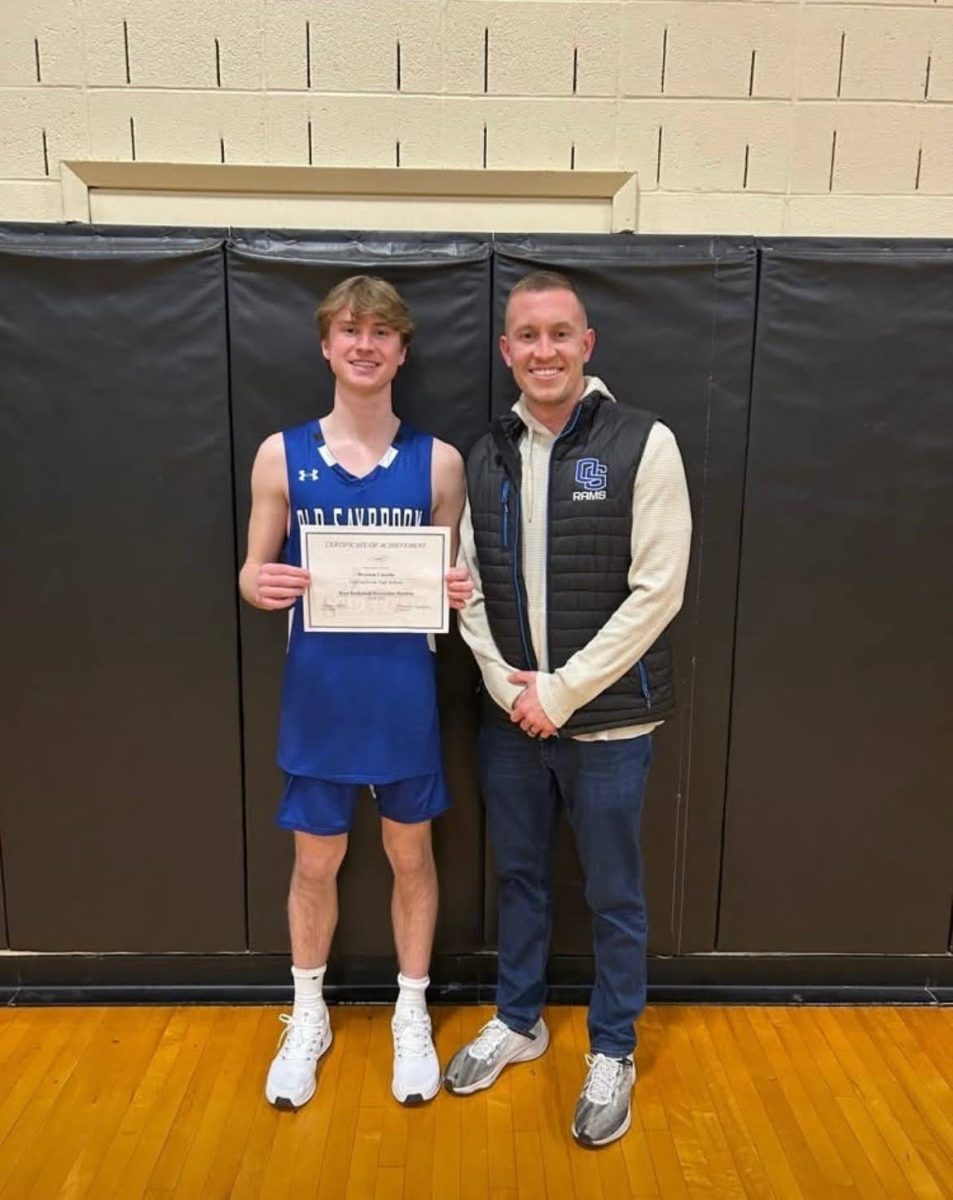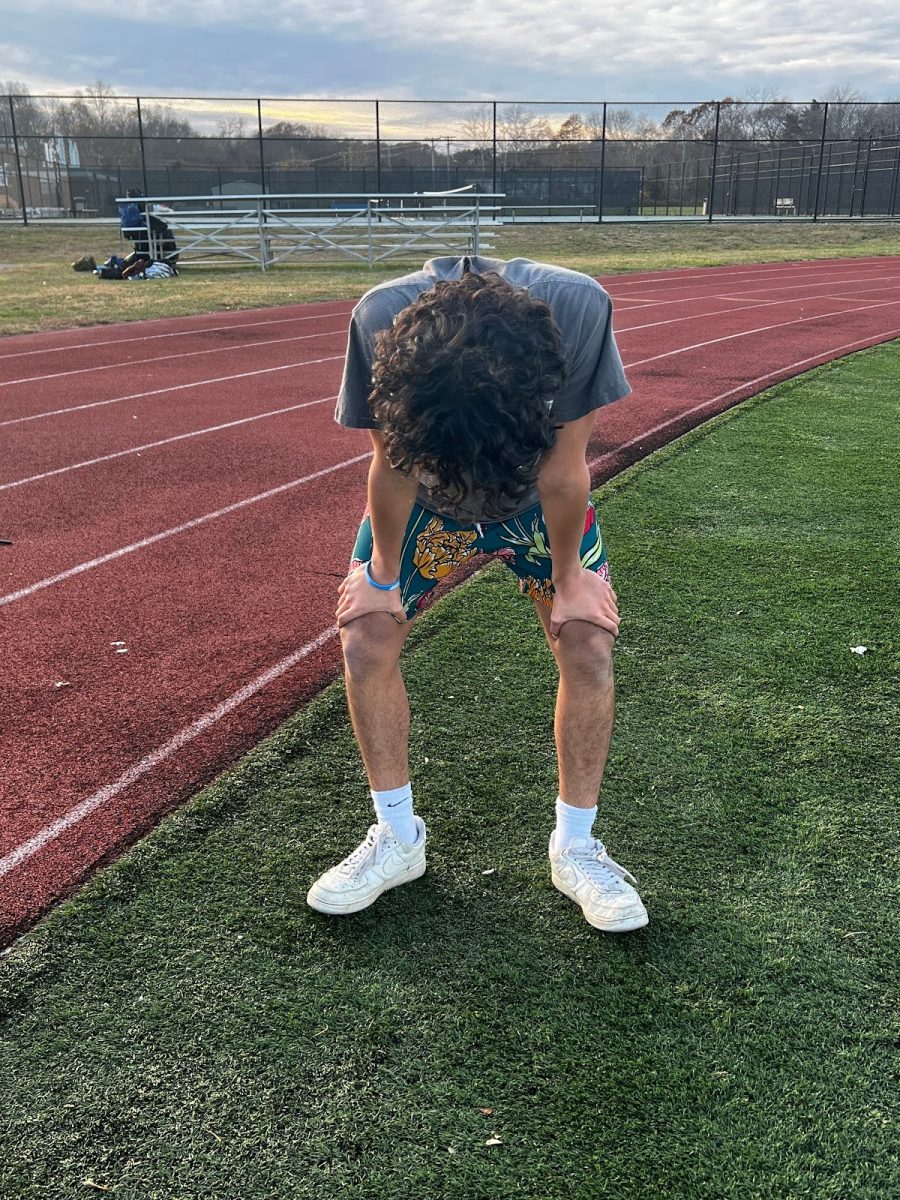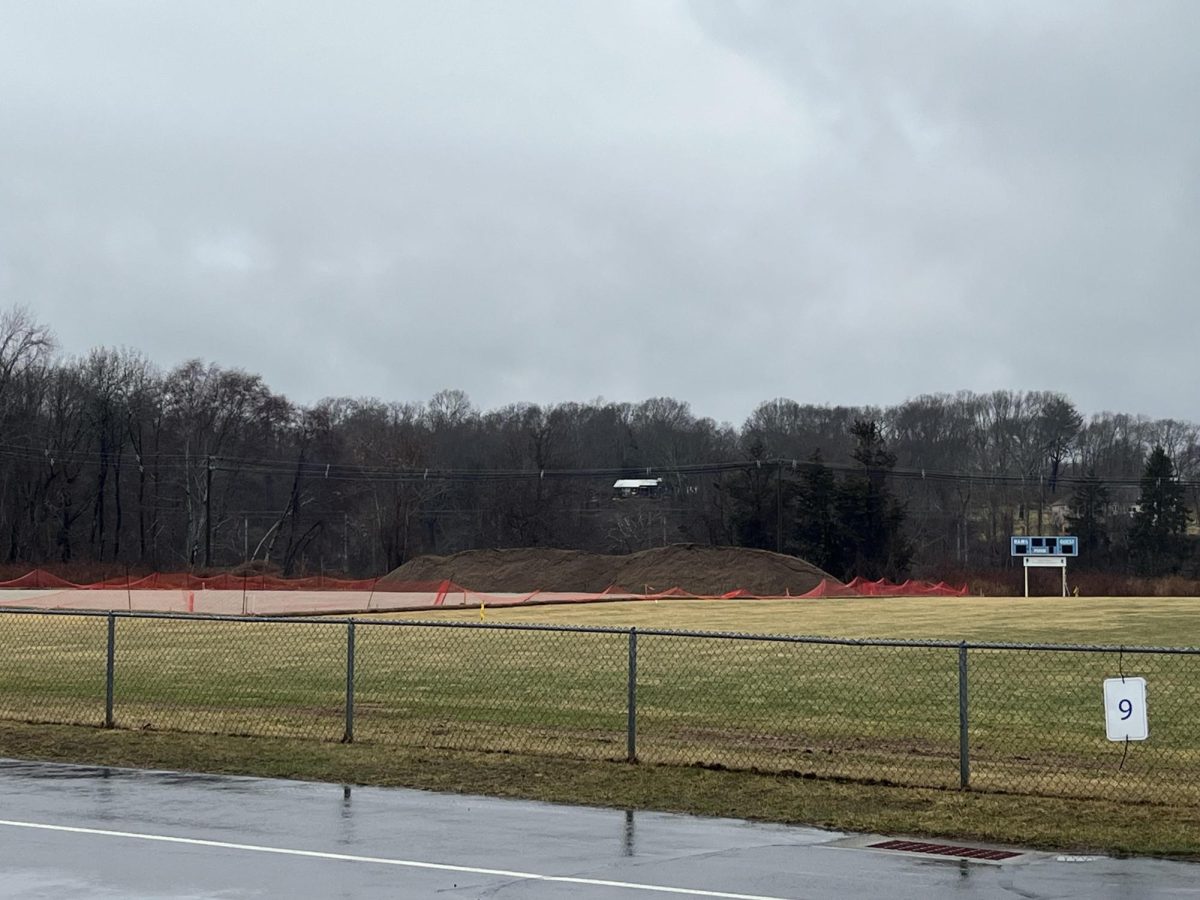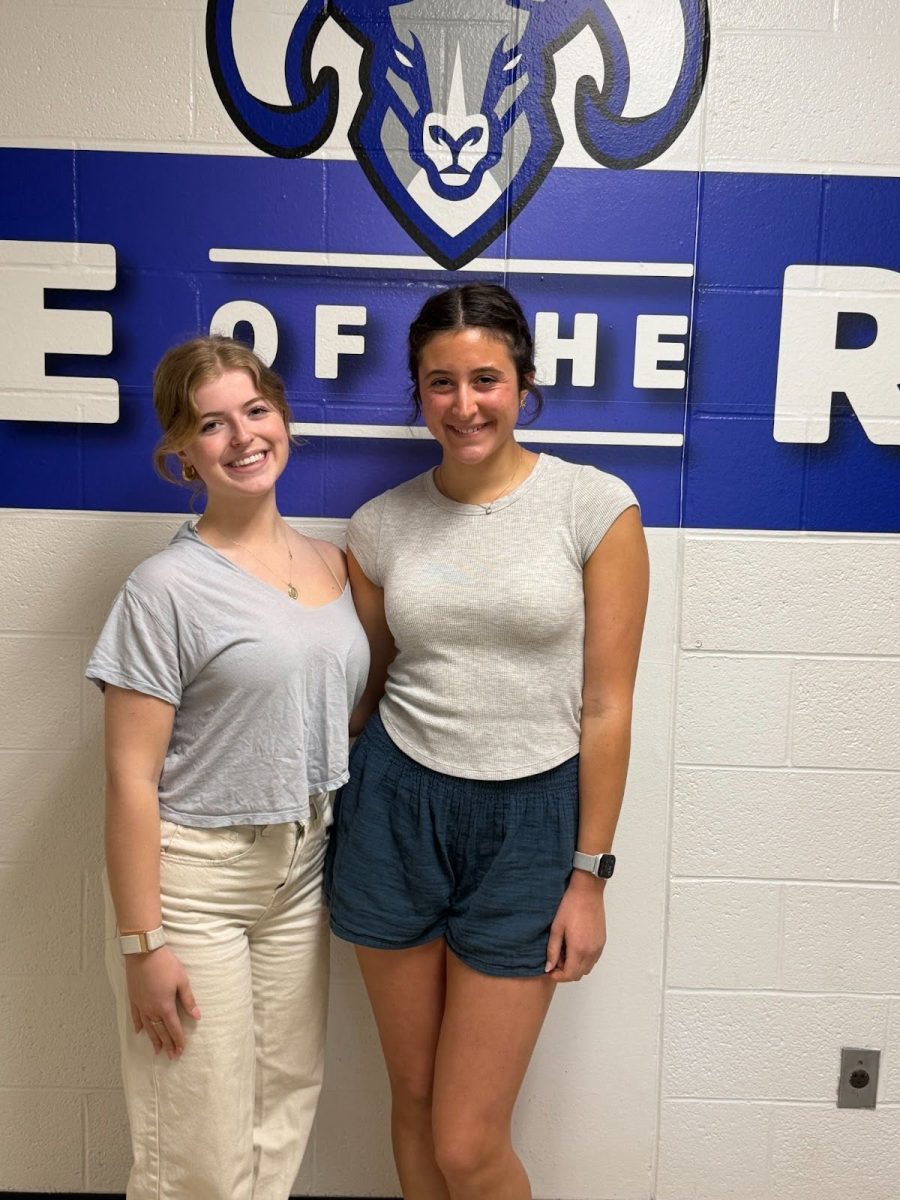Parents and community members heard from both First Selectman Carl Fortuna and Kurt Mailman at the March 6 Goodwin Elementary School PTA meeting where they addressed both updates on the project and voiced concerns. Mailman is the consulting engineer overseeing the project under Fuss and O’Neill, a civil and environmental engineering firm based in Hartford.
Earlier this school year, students noticed that the grass field in the back of the high school was being ripped up and replaced with large dirt mounds. Not long after, construction began to lay pipes in the ground. This project is part of a 50 year long mission by the Water Pollution Control Authority, after Old Saybrook, Clinton, and Westbrook were charged for polluting the Long Island Sound with nitrogen. “There used to be lobsters,” said Fortuna. The towns were told they must build a wastewater plant, but Old Saybrook refused and was sued. The town took it to the Supreme Court, where it lost, according to Fortuna.
Many sewer systems in homes all around Old Saybrook were remediated at the cost of around $14 million, and now the last of them are being dealt with, explains Fortuna. The remaining problem areas are several beach communities, including Chalker Beach and Indian Town, or around 600 homes.
The soil, space, and proximity of 37 potential sites were evaluated to host the current project, a sewer system for those beach communities, and the high school’s back field was determined to be the best and most cost effective long term solution.
Drip piping has been installed under the field, making it a “drip dispersal site”. This is a “durable, long term solution,” Mailman assured the group of parents at the meeting, who were concerned about the longevity of this solution. He added, “[The pipes will last] 50 years plus.”
A clean water test is planned for this spring to determine how many gallons of water the system can handle. The results of the test will be announced by the fall of 2025 when there will be a town wide vote on the solution. The activity high schoolers saw in November was the workers hired by the town to replace the soil, after it was found that the original soil was too packed together to lay the piping.
Parents voiced concerns at the PTA meeting, hoping to get answers from both First Selectman Fortuna and Kurt Mailman.
One concern regarded the kid’s ability to play and practice on the field after these changes. Fortuna explained that the field would actually be better post-construction because the pipes drip down and empty every day, meaning the field will drain, whereas it frequently filled with water before. Fortuna said, “I promise to return the field to playable conditions ASAP.”
Parents were also concerned about the health and safety of their children, after hearing that waste would be pumped under the field. However, Mailman addressed these rumors, explaining that only clear water would be running beneath the soil. “While I wouldn’t recommend drinking it, it will technically be drinking water standard.” He said this is possible through the use of ultraviolet disinfection.
PTA parents who attended the meeting also brought up concerns about the cost of the project, and wondered about cheaper solutions or if it was even necessary. “We are under judgement to comply,” Fortuna said, and later clarified, “Satisfying the DEEP [Department of Energy & Environmental Protection] is the only benefit to the town. They have been breathing down our neck for 20 years.” Furthermore, according to Fortuna, if the town fails to address the issue at hand, it could face fines of up to $2,000 a day for not complying to judgement.
When parents inquired about moving the project further from the school, Fortuna reported that the further the site moved away from the shoreline, the more it would cost and explained that the DEEP would “only provide funds for the most cost effective, long term solution.”
Parents also asked if high school students were benefiting from the project, since it was imposing on their outdoor space. Furthermore, they wondered why people in the nearby beach communities weren’t dealing with the problem themselves and it was instead imposed on the town where it became everyone’s issue. As mentioned earlier, there was an alternative to the piping under the field- installing a sewer pipe. But the town voted against it, believing that it would fundamentally change the town by attracting more industry and people.
This is a developing story that will be reported on as additional information becomes available.













